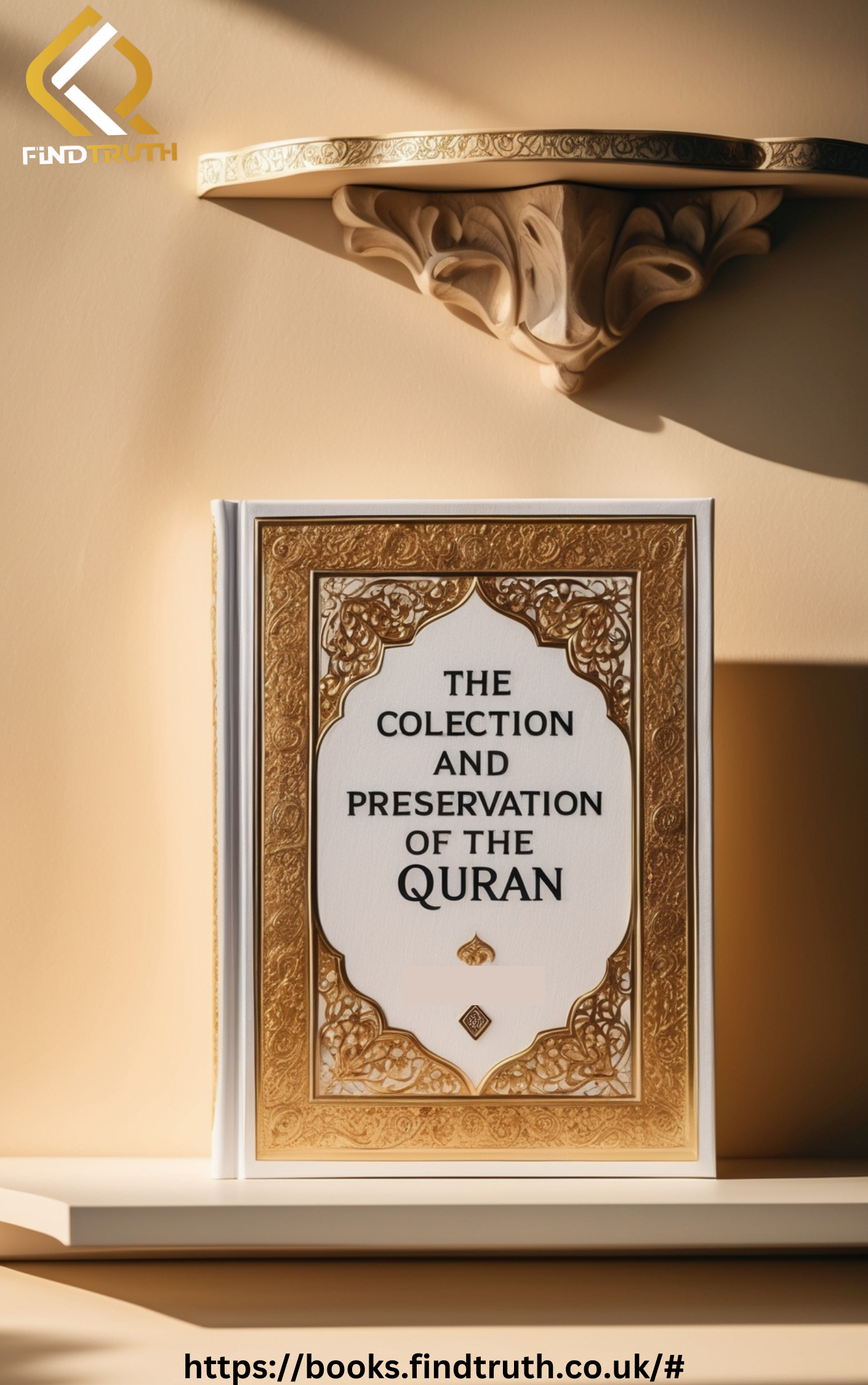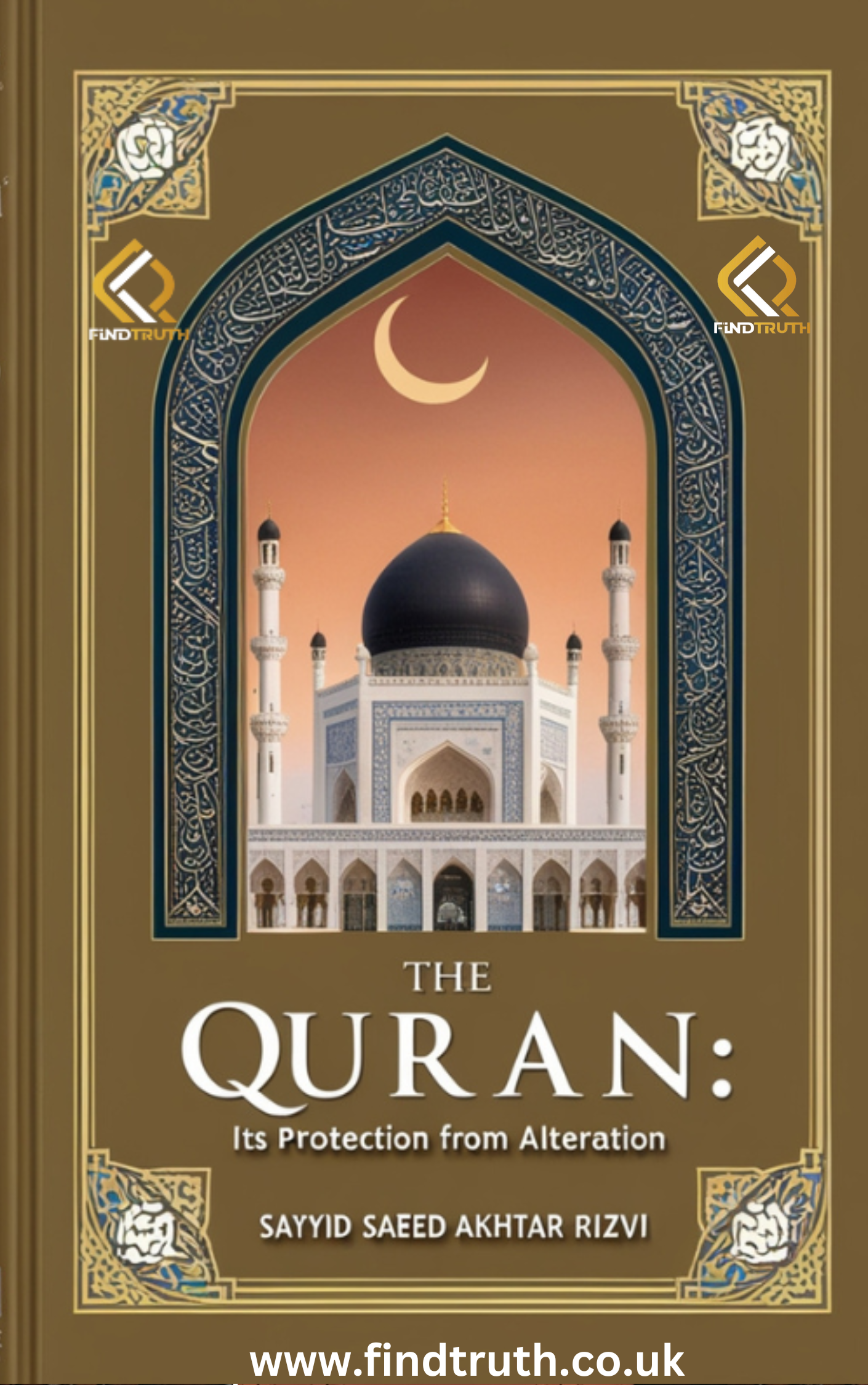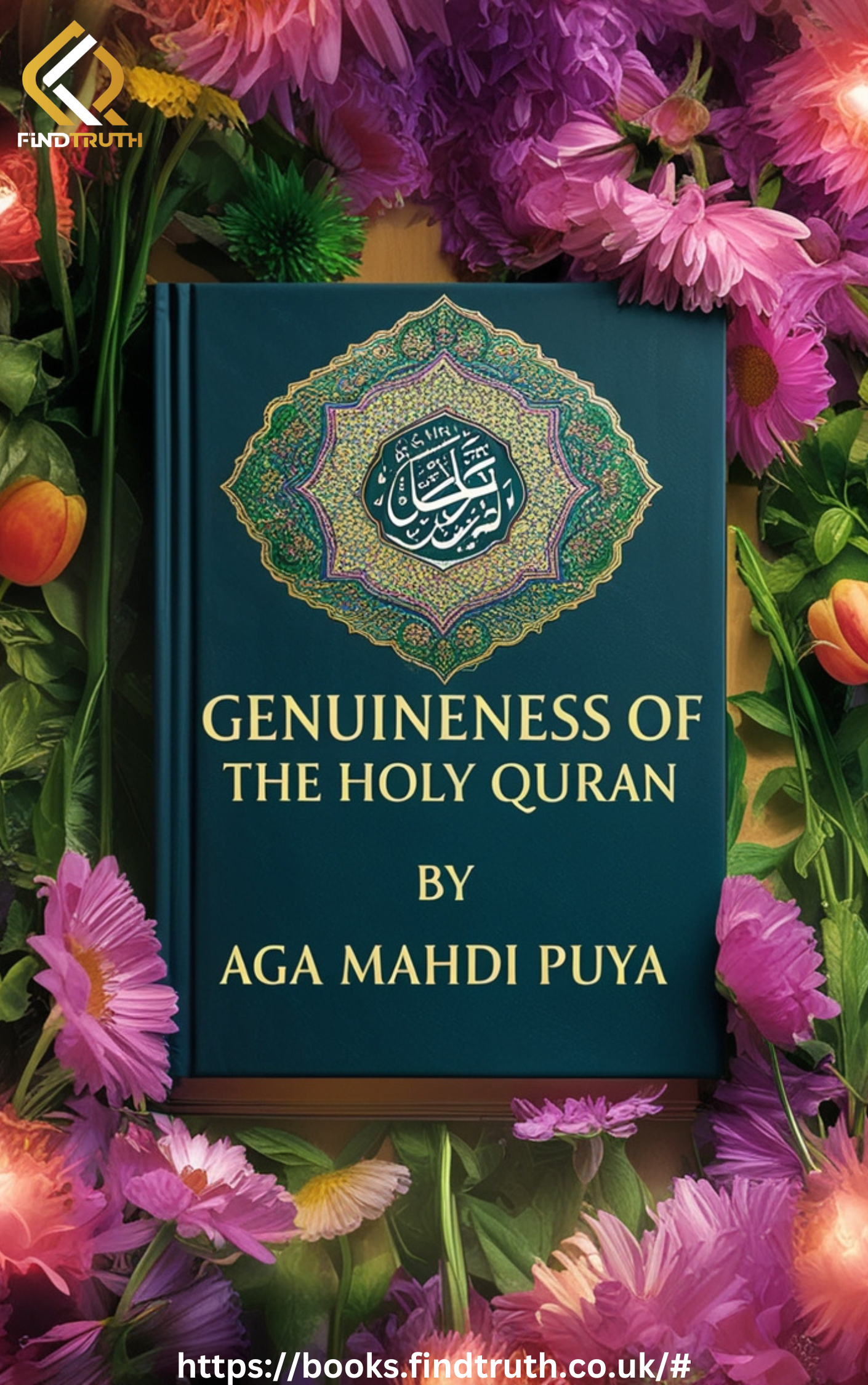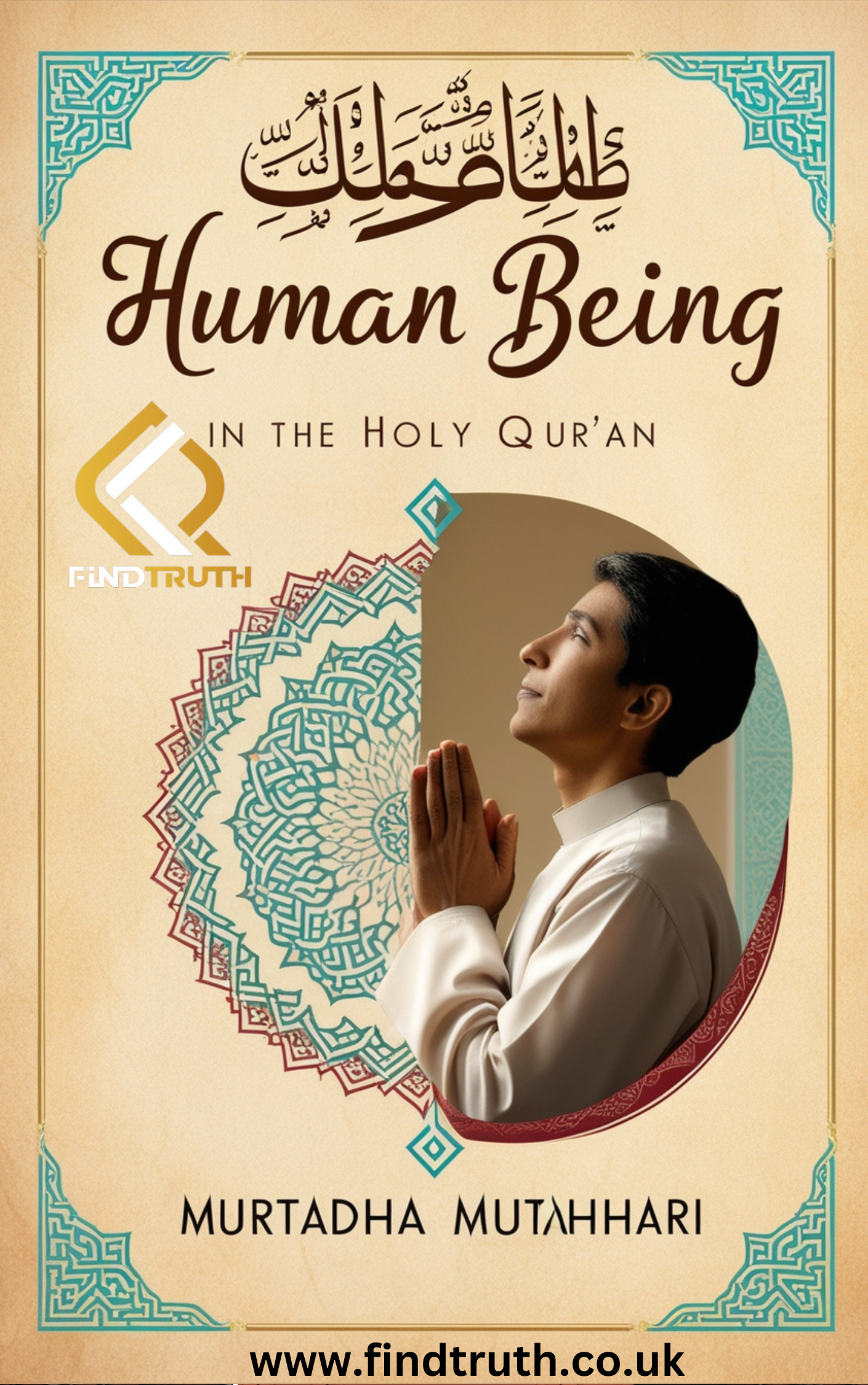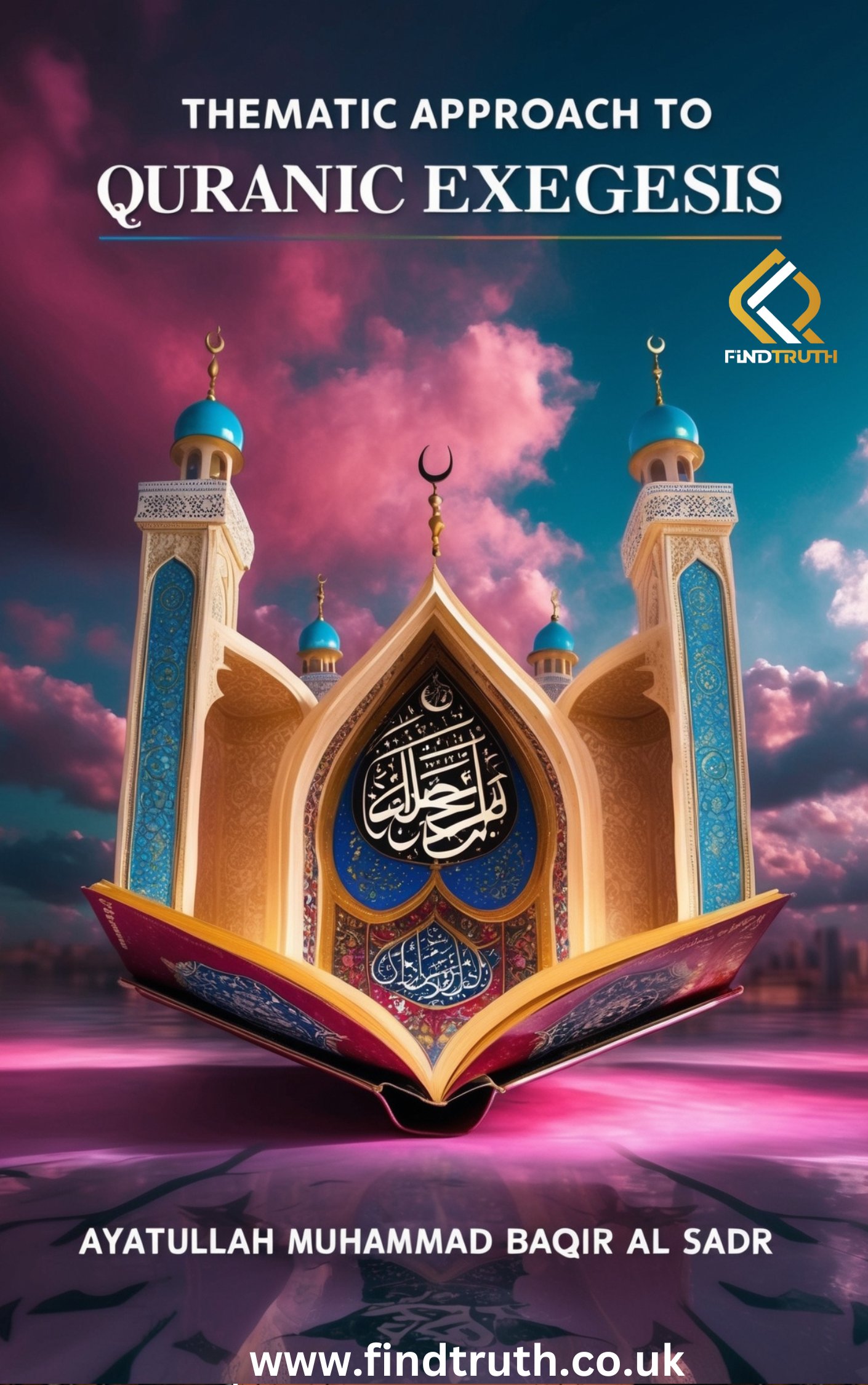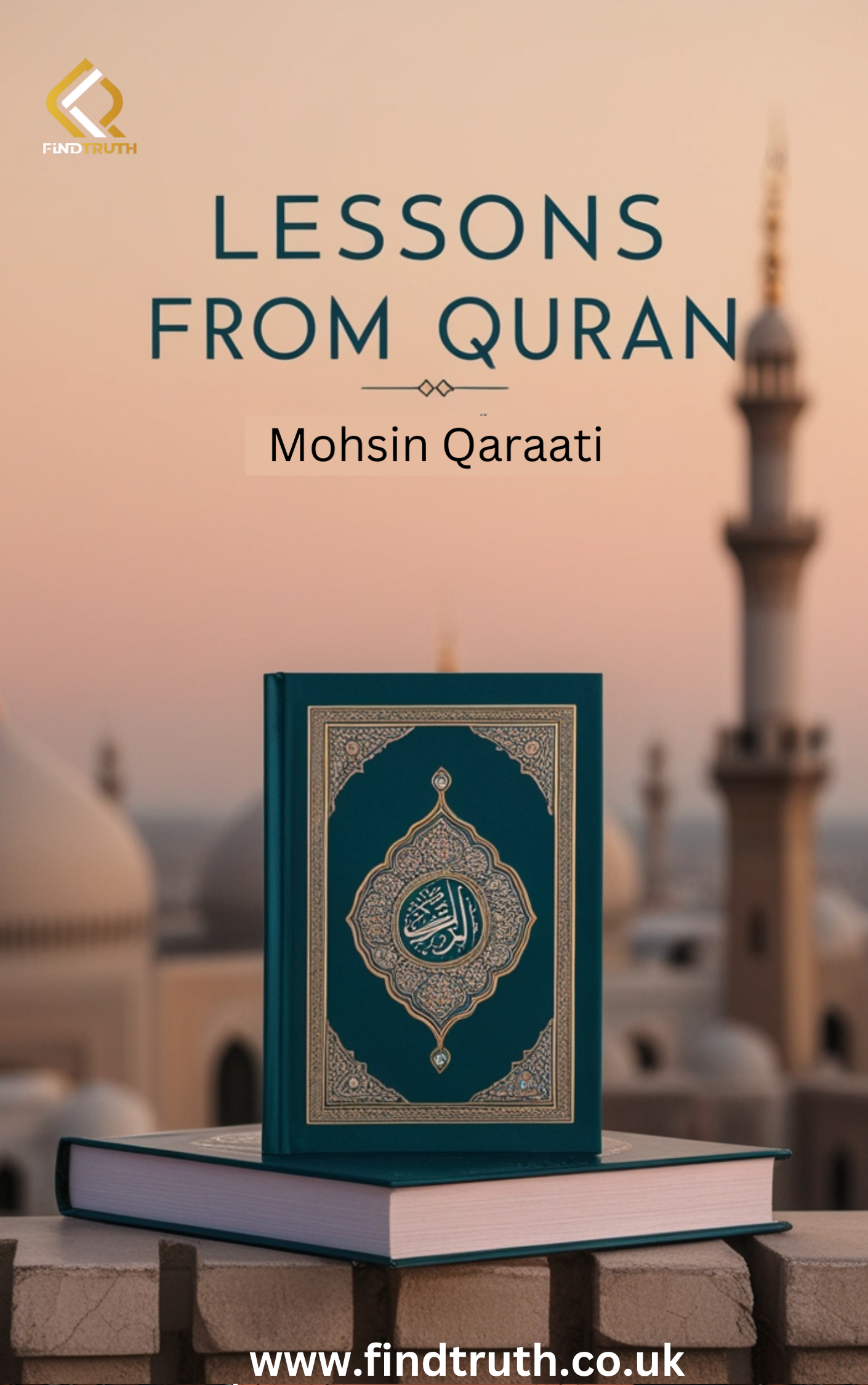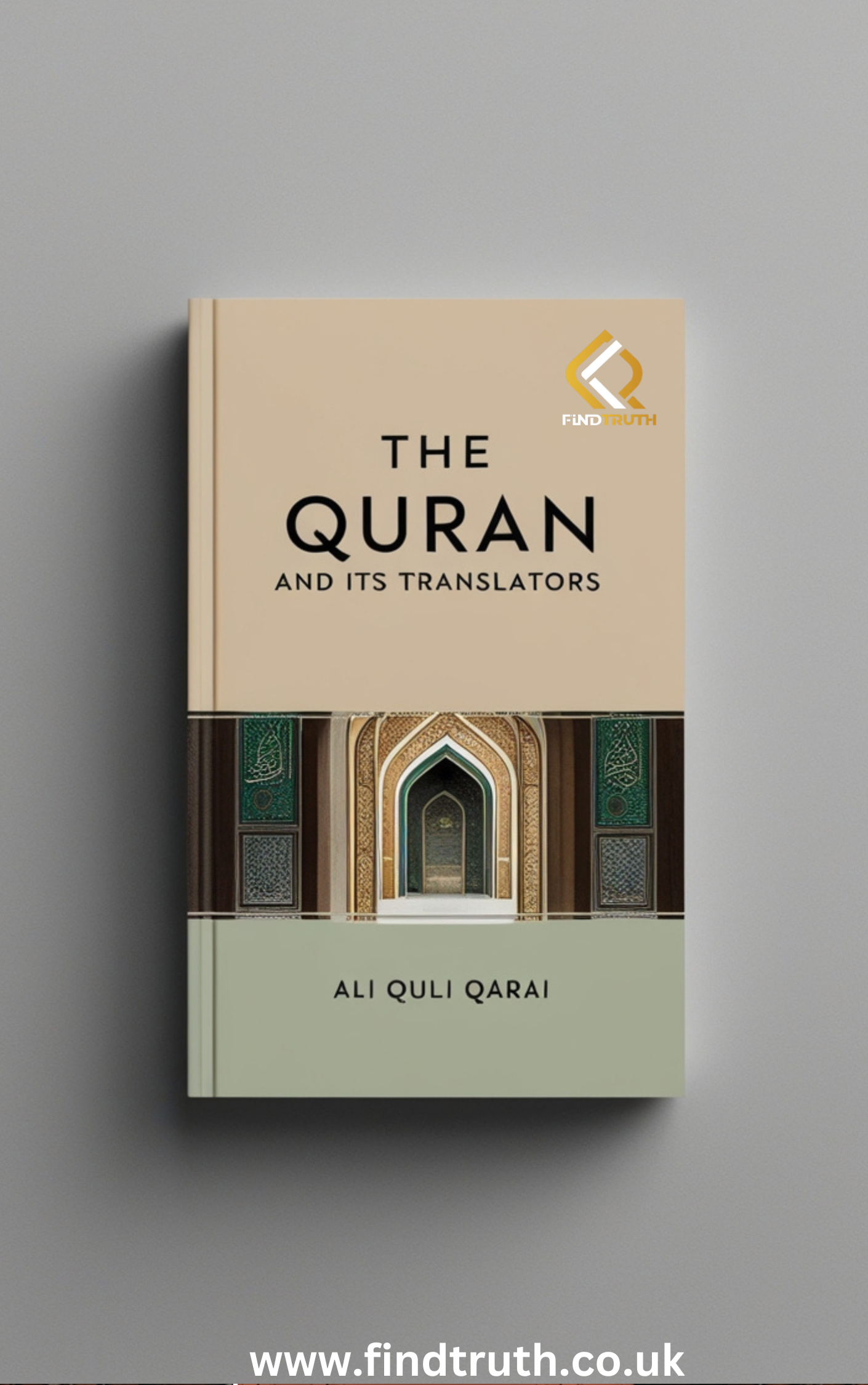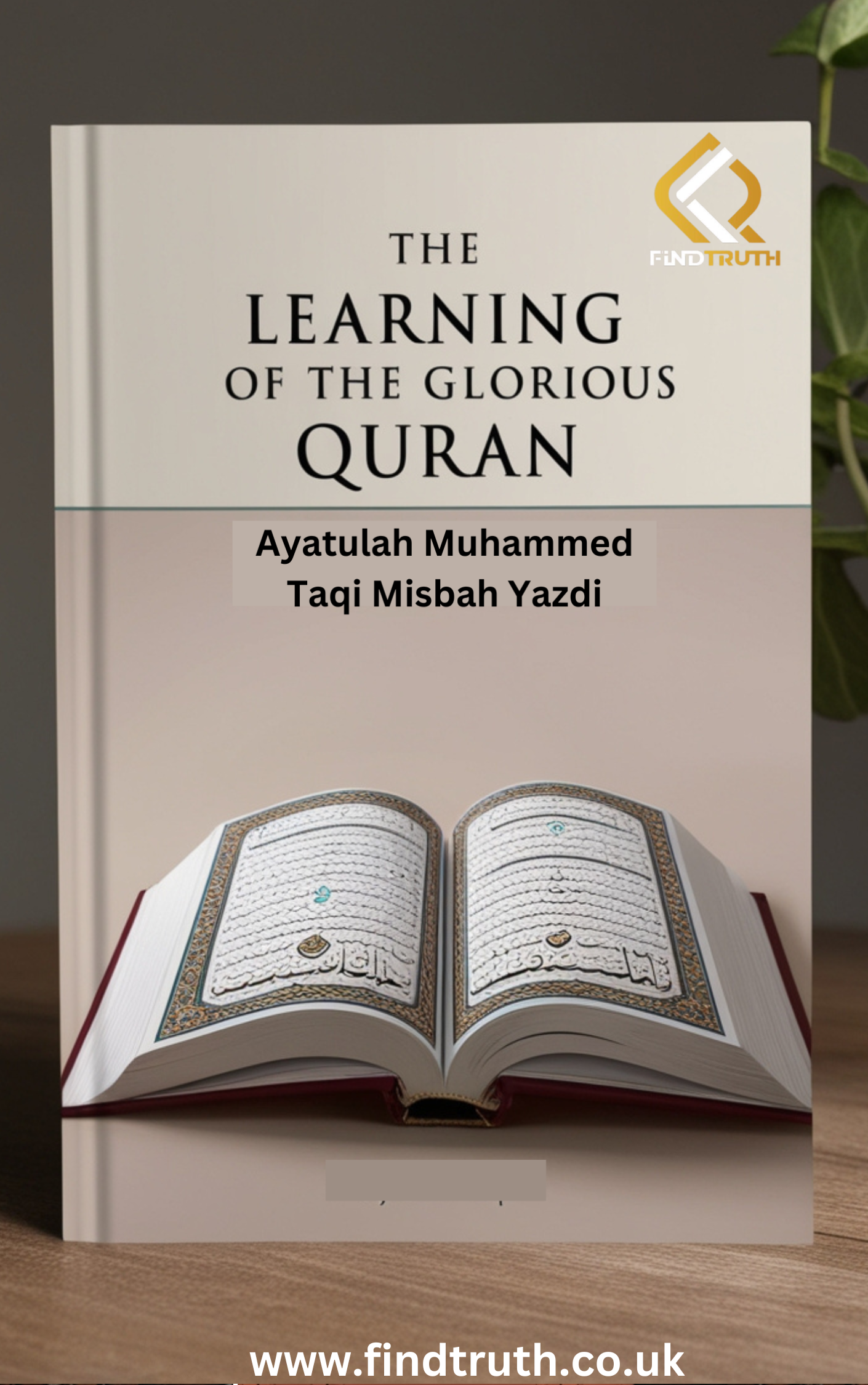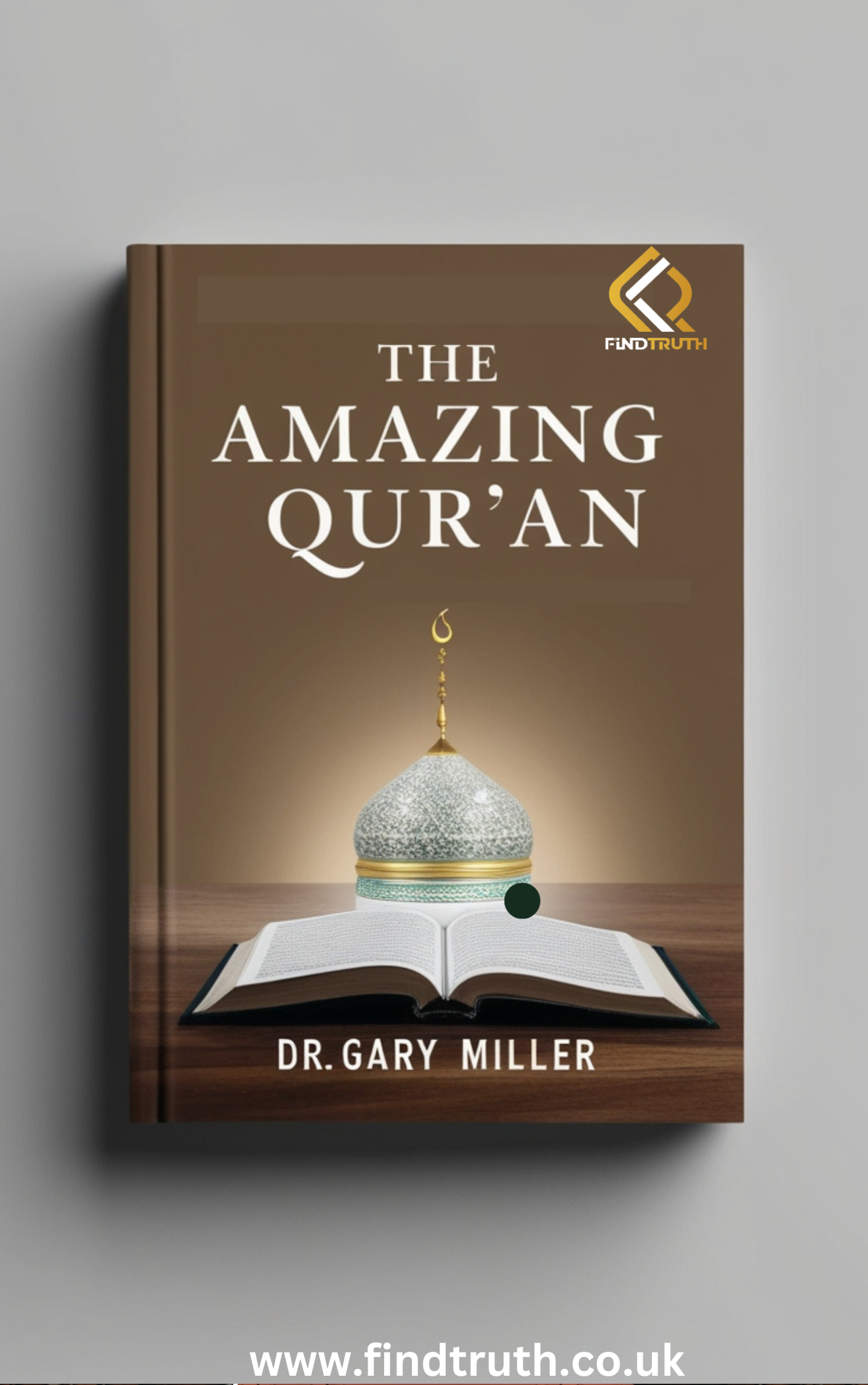The Holy Qur’an : What the Shias Say
The Holy Qur’an: What the Shias Say offers an in-depth analysis of how the Shia Muslim community approaches the Quran, including its recitation, interpretation, and theological understanding. The book clarifies that, like all Muslims, Shias regard the Quran as the unaltered and final revelation from Allah (SWT) to Prophet Muhammad (SAW), and it is central to their faith and practices. It tackles specific differences in Tafseer (exegesis) as practiced by Shia scholars, providing a look into the intellectual and spiritual traditions that guide their approach to Quranic interpretation. The text also addresses and refutes common misconceptions, including accusations of alteration or tampering, demonstrating the unified belief in the Quran’s divine preservation across the Muslim world. Using references from the Quran, Hadith, and statements from Shia scholars, the book serves as an educational resource for both Shia Muslims and those interested in understanding Shia perspectives on the Holy Qur’an.


